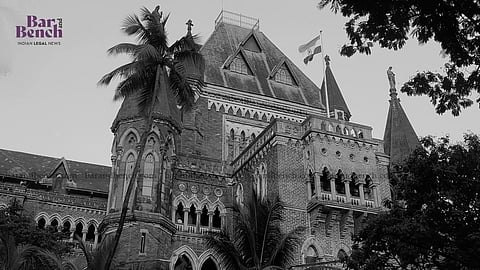The Bombay High Court recently ruled that arbitral tribunals must provide adequate reasons when rejecting claims for liquidated damages under Section 74 of the Indian Contract Act, even if they are dealing with cases where losses are difficult to quantify [HPCL v. GR Engineering Pvt Ltd].

